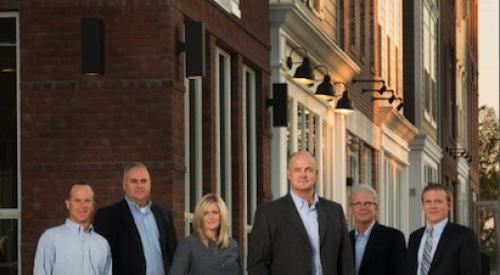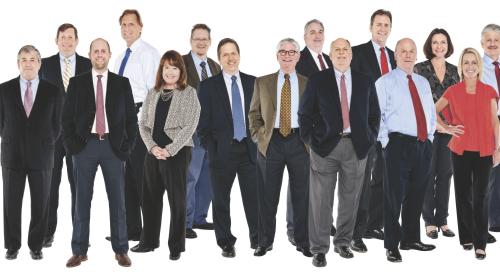| Heather McCune
|
David Hunihan and Todd Menke are two of my newest heroes. These two founders of Fidelity Homes did what it is so very hard to do - believe in an idea so passionately that they had no choice but to act on it. For these two thirty-somethings the idea that ignited action was TQM, total quality management.
If you’re like me, you’ve now got a subtext running in your head. It goes something like this: So what? Lots of companies in our industry know and practice TQM. Many employ the principles of continuous improvement and employee empowerment in their organizations whether they call it quality management or not. Why the big deal about these two and their new company?
The simple answer to that question is courage. Hunihan and Menke were on the fast track in this business, employed in top positions with a top Florida home builder. Each made a good buck and could reasonably expect more and bigger rewards - in compensation, responsibility and opportunity - in the years ahead. While not always easy, today and tomorrow looked pretty good for David and Todd.
Then bam! An encounter with an idea and people who passionately believe in it, and in a matter of a few short months Hunihan and Menke find the future that had been so settled turned upside down. The choices: Stay the course. Effecting change in their present environment wasn’t an option, though both had tried to do just that for more than six months. Simply, "We weren’t owners," says Todd.
Still, they could continue with their present employer and expect to do well in their careers. That choice did mean they had to give up on the idea that acting on the information both had learned about implementing total quality management practices would result in a better company for employees and better-built homes for buyers.
The other option: Act. It is such a simple, small word that is so very hard to do.
Since meeting David and Todd I’ve thought a lot about what motivates individuals and organizations to act on information, to change personal behavior or business operations. Certainly the easiest answer is the most obvious - because those around us demand it. Spouses, children, parents, friends, bosses, coworkers - you pick the person - say no more or not again. Customers insist. What had worked before in the way of new home floorplans, locations, amenities, sales processes, pricing, construction methods, product options, etc., isn’t working any more. Buyers aren’t buying. Survival, of a relationship or a business, dictates new information leads to new behaviors and in a hurry.
It would be hard to reach adulthood and not have experienced such a personal or professional moment, the ones usually marked by that surge of adrenaline that makes hearts flutter, hands sweat and stomachs lurch. Those closest to us both personally and professionally have called us up short and acting on that information is our only option.
While probably the most common impetus for change, this scenario isn’t the one at work at Fidelity Homes, or at the other end of spectrum, Pulte Homes either. Certainly, David and Todd could have kept on going on. Likewise, Pulte Homes didn’t have to develop the products, systems and services to move its buyers from satisfied to delighted and hopefully, to customers for life. In each example, the individuals and organizations made the choice to look at information and put theory to the test by trying it in the only arena that matters - the market.
Was it simply a choice they made and others don’t? I can’t say for sure, but there is in these people and organizations a restlessness that is healthy. It is a drive to discover new ideas in all their manifestations - products, processes, systems, etc. - and push forward their implementation.
They act; they change not because it is the only way to survive but because it is the only way to lead.












